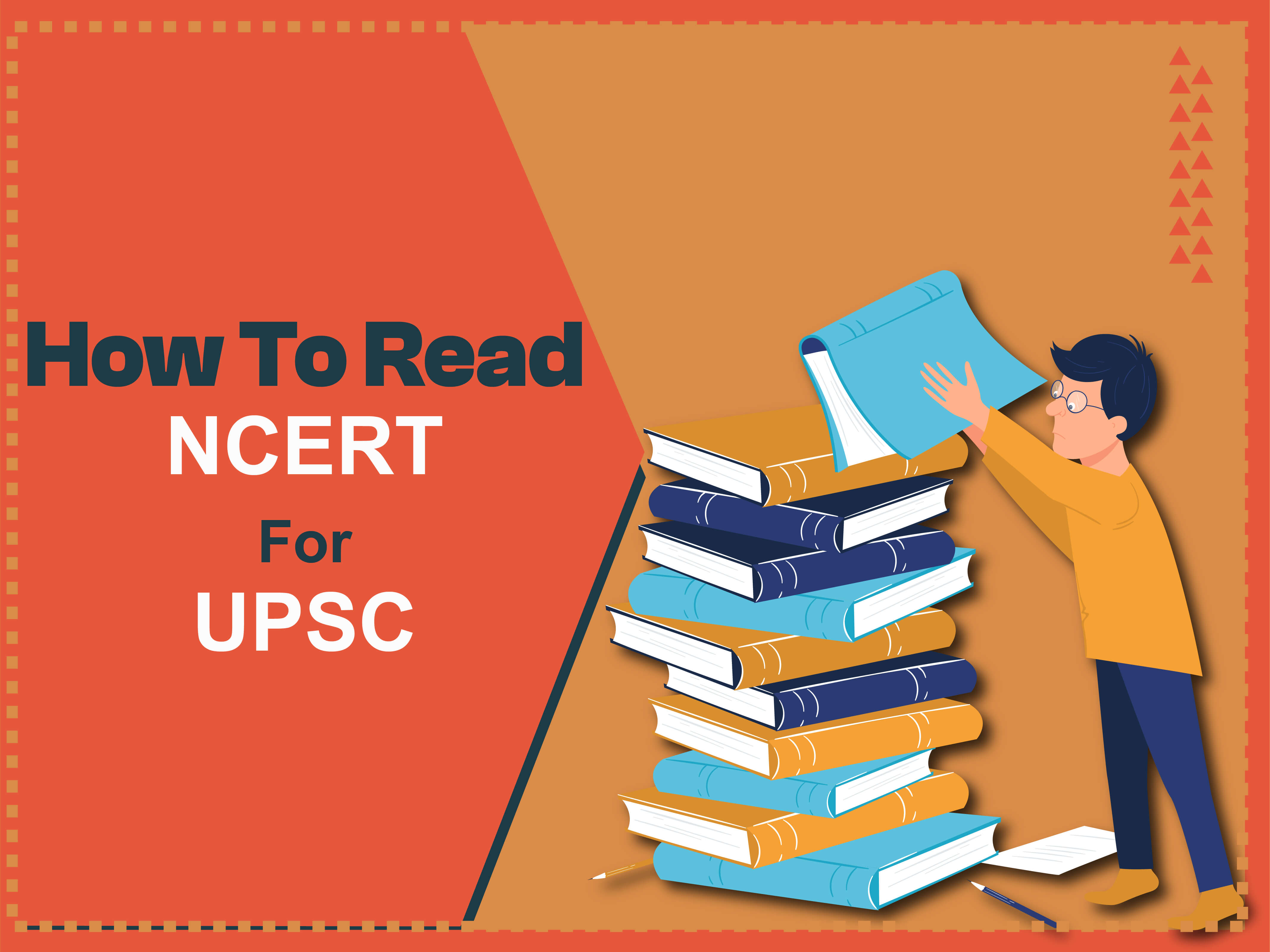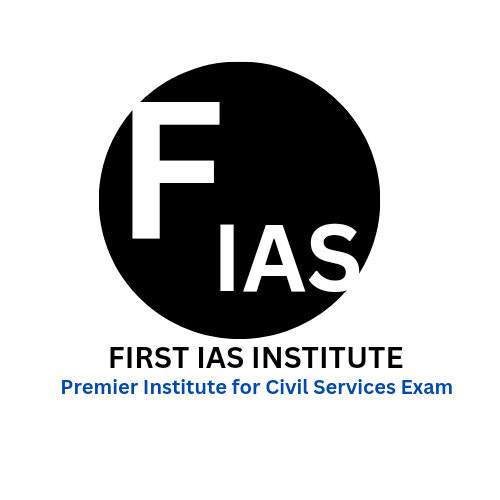
How To Read NCERT for UPSC
The National Council of Educational Research and Training (NCERT) books are known for their simple language. They help build a strong base in many subjects. Reading NCERT books is crucial to preparing for the UPSC CSE. These books are written by reputed experts in their fields. The NCERT books are designed to cater to students and aspirants of diverse backgrounds. Since the language is simple and easy to understand, many aspirants find it easy to grasp the concepts. They have been deemed as the bible for UPSC prep by many famous IAS/IPS/IFS officers. This blog talks about how to approach the NCERT books to clear UPSC. We hope that the guidelines mentioned here will be of help to you.
The Approach Towards NCERT Books
When preparing for UPSC CSE, one needs to take a systematic approach towards NCERT books. There are two major systematic approaches you can take. They are as follows:
- Grade-wise: In this approach, you go through the books on all subjects of your UPSC syllabus from one grade before going to read the books of another grade. This approach might seem helpful, but it yields low results.
- Subject-wise:In this approach, you go through the books of NCERT from classes 6 to 12 for one subject at a time. This approach is much better as there is a flow.
Subject-wise Approach
We should follow the subject-wise method. It is very effective. The way to start has been mentioned below:
- Choose the right books: Before starting your prep, you need to choose the right books. The NCERT books come for all classes. The UPSC syllabus follows the books from classes 6 to 12. You need to select the books relevant to your UPSC syllabus according to your subject choice.
- Read the books properly: Once you have chosen the right books, read the content properly. Your focus should be on understanding the concepts, ideas, and facts given in the book. Do not focus on memorising the entire content. Read the books subject-wise from class 6 to class 12. This will help you understand the concepts with a flow. This flow will help you retain the information better and clear your concepts.
- Take Notes:You should take notes on the concepts, ideas, and facts you read in the book. This habit will help you revise faster and retain the information better. Use maps to remember geographic locations. It is a well-known fact that humans are visual learners. Use maps and diagrams as much as you can in your notes.
- Revise Regularly: Follow the 1-4-7 rule of revision. Read on day 1, then do your first revision on day 2, then day 4, then day 7. This is a very effective tool for revision. This way, you do three revisions in one week. Make sure you follow this method consistently for better results and efficiency. You can use the notes to revise. After your one-week revision set, you need to make sure that you revise every month to retain these topics.
- Solve the questions:Solve the questions at the end of every chapter. Write the answers to those questions as if you were writing an exam. The aim of these questions is to check your understanding of the concepts mentioned in the chapter. Solve these exercises to strengthen your understanding of these concepts and retain the facts and ideas mentioned.
Time Required to Read the NCERT Books
There are approximately 40-44 NCERT books for your UPSC syllabus. Assuming you finish one book of approximately 14-16 chapters in three days. So it will take you around two-and-a-half months to three months of time to finish all the NCERT books for your UPSC syllabus.
Things to Keep in Mind While Reading
Here are a few tips to better retain the information while reading NCERT books for your UPSC syllabus. Make sure you follow these tips during your prep for better results.
- Make two timetables for your studies. The first one is your schedule for the day. The second is your prep schedule till the day of your exam.
- Make a to-do list of the topics you want to cover in one month. This will ensure that you complete the syllabus on time and properly.
- Start your reading from the basics. You must start your reading subject-wise from lower classes to higher classes.
- Once your first reading is over, sit with the previous year’s question papers for the subject. Make sure you make a note of important topics asked in the previous papers.
- Remember to read actively. In your second reading, mark what you feel is important.
- When you take notes, remember that each subject requires a different style. Do not follow one style for all subjects. Having different styles will help you retain and bifurcate the information.
- Your aim for the prep is to focus on concept clarity. Do not lose sight of this goal. Once you understand the concept, retaining facts will be easy.
- Always cross-reference your content. The NCERT books effectively clear your concepts, but they can be outdated sometimes. Do not forget to use other sources.
- Use as many maps and diagrams as possible.
- Always remember to practise as many questions as possible to deepen your understanding of the concepts.
Conclusion:
NCERT books are the best source of information for the UPSC exam. These books are written in simple language so that the concept can be understood clearly, and it reaches a diverse student base in the country. These books are written by reputed experts in their field. The content mentioned is not only accurate but easy to understand. These books are the best source for clearing your basics for any subject. You must always remember to take a systematic approach to reading the NCERT books. We have discussed the methods to read NCERT books and how to increase your efficacy. It is our sincere hope that this blog has been helpful to you. We wish you the very best in your preparation journey and hope that you make it through.






